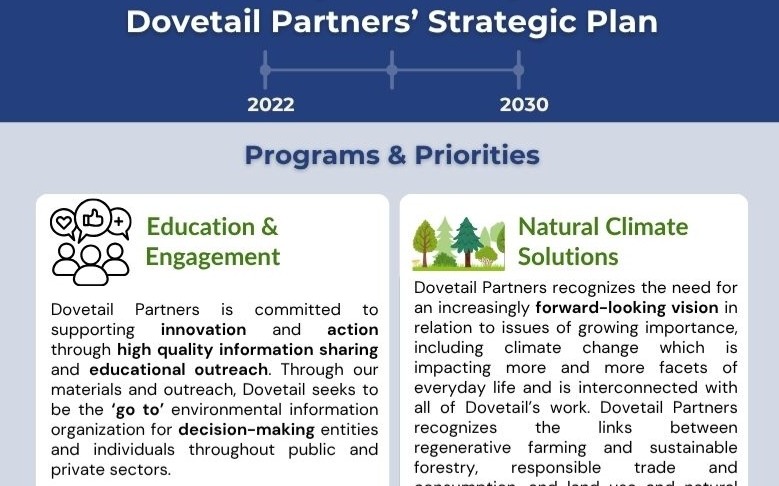Urban forests can provide economic, environmental, and social benefits. Economic benefits such as lower heating and cooling costs and higher property values are fairly well recognized. From an environmental perspective, urban forests also tend to enhance regional biodiversity, mitigate stormwater management demands, and improve air quality. Urban forests can also increase carbon sequestration and reduce the urban heat island effect. However, the social and human health aspects of urban forests are not as well known, and a growing body of literature points toward substantial benefits in these areas as well.
Recent research suggests that urban forests can improve human mental and physical health, improve academic performance where school settings and classrooms integrate trees and forest views, increase social cohesion, and, in some cases, contribute to a reduction in crime. While urban forests provide an array of social benefits to people living and working in cities and visiting them, these benefits are often unevenly distributed. Uneven distribution of tree-related benefits frequently correlates with socioeconomic status, race, and ethnicity, and education level, as open space and urban tree cover are frequently less common in lower income neighborhoods
At a time when more and more people around the world live within cities, it is increasingly important to take advantage of the many benefits that urban forests offer. Robust and equitable urban forest management policies and incentives are needed in order to enable widespread access to the many benefits urban forests provide.
Special thanks to co-author and research intern Pia Hanson for her development of this report. Thanks also to research intern Meg Emory for the accompanying photographs.
- Lead AuthorFrank
- DateSeptember 2016
- CategoryEnvironmental, Forestry
- Project FileDownload

.png)
.png)
.png)

.png)
.png)